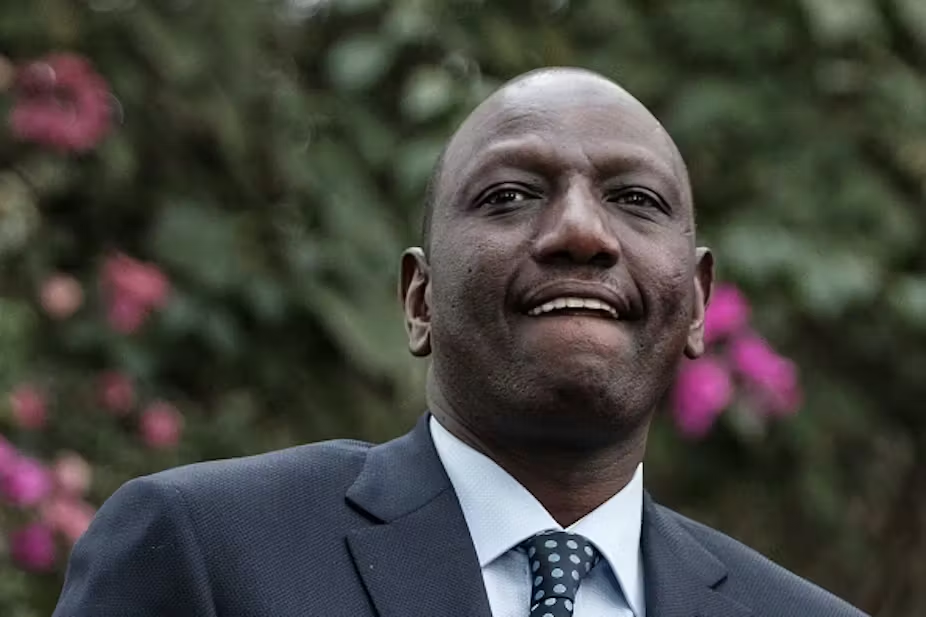
…skilled and semi-skilled young Kenyans expected to benefit
…drivers already welcomed in a pilot project
Weeks after Malawi President Lazarus Chakwera showcased his cycling skills in the country, Germany has signed a labour export deal with the Eastern Africa nation of Kenya. The agreement came after the Kenyan President, William Ruto, was on a state visit in the European country.
According to the BBC, Kenyan President William Ruto has managed to secure a labour export deal for over 250,000 citizens in an agreement he met with German Chancellor Olaf Schollz. The German government has refused to place a cap on the number of workers that will be allowed under the deal.
The details of the agreement are that Kenya will be sending a part of its excess labour to Germany which is Europe’s biggest economy.
The BBC reports that Germany is facing a labour shortage crisis while Kenya, like Malawi, has an abundance of labour.
In the deal, it has been reported that IT specialists from Kenya will be allowed to enter and work in Germany, even if they do not have formal qualifications. Other occupations, however, will need to be regulated by qualifications. Germany has also offered educational opportunities to other semi-skilled labour from Kenya who will eventually be supported to join the German service.
Germany and Kenya have also agreed to support the immigration of skilled workers who have finished vocational training (an equivalent of a TEVETA course in Malawi) or earned a university degree. This is as long as their qualifications are recognised by the relevant authorities of the other party.
Meanwhile, at least 5 bus drivers from Kenya have already been welcomed in Germany where they have started work on a pilot of the same project. According to reports, the deal that the two governments have signed has been approved by the International Labour Organisation which indicated that Germany has committed to protecting the welfare of Kenyan workers within its borders.
The deal comes on the back of intense protests that were witnessed in Kenya through what was generally called a Gen Z revolution. The young Kenyans had, among other things, complained of unemployment as well as corruption.
The government of William Ruto has hailed the deal as one of the ways through which they are addressing the grievances of their young people.














